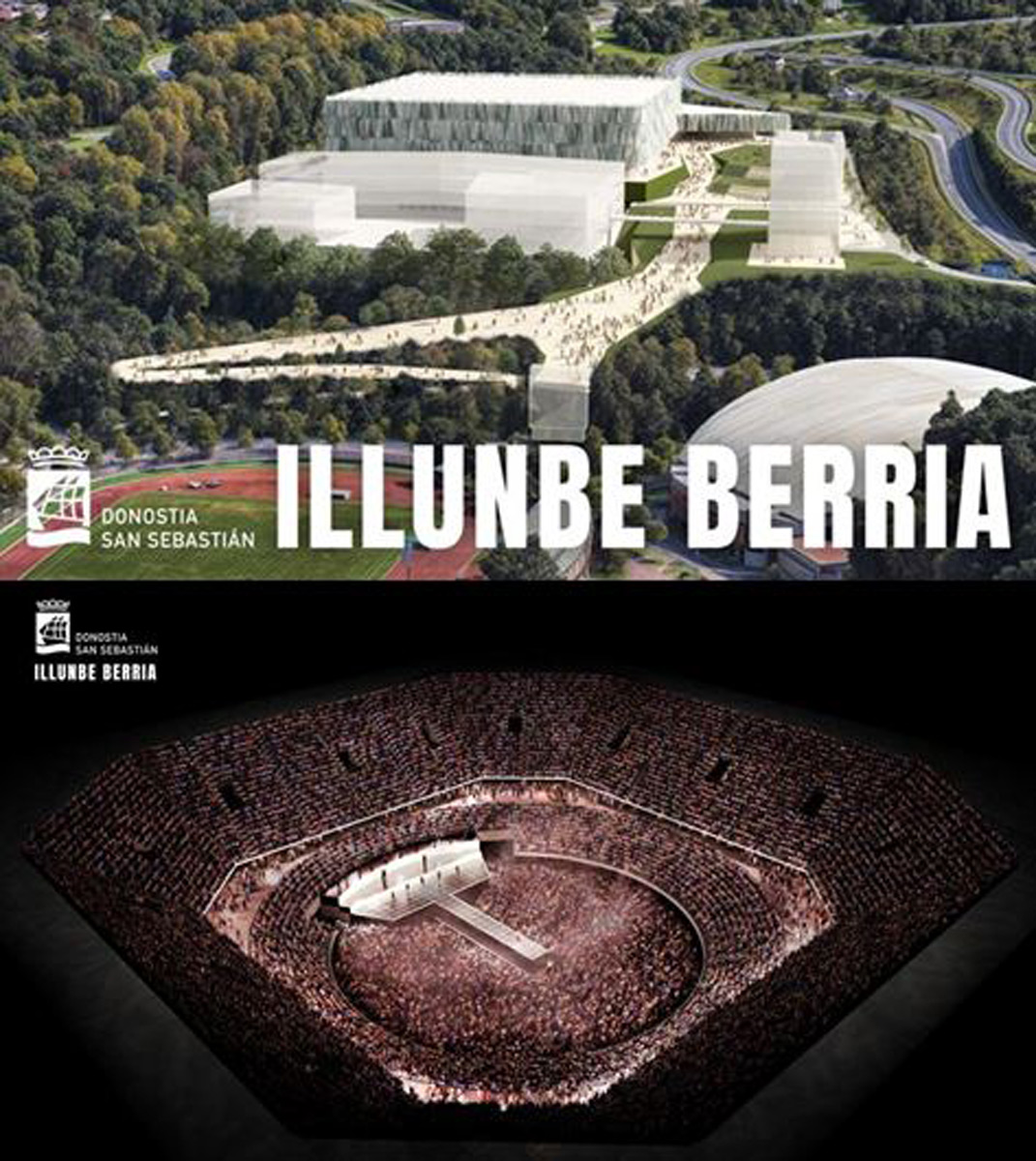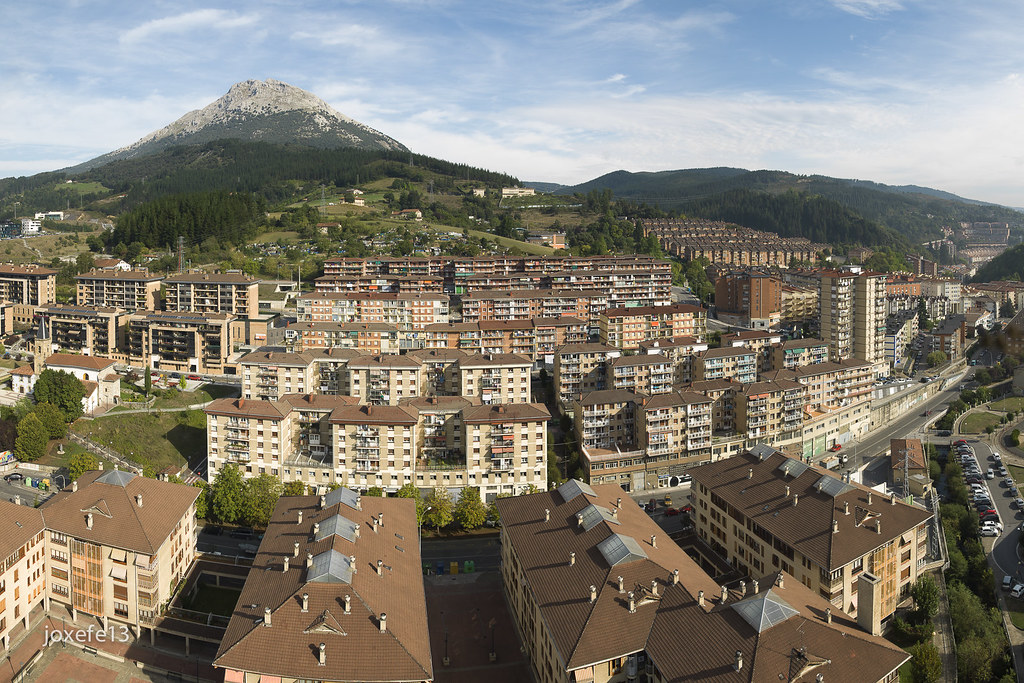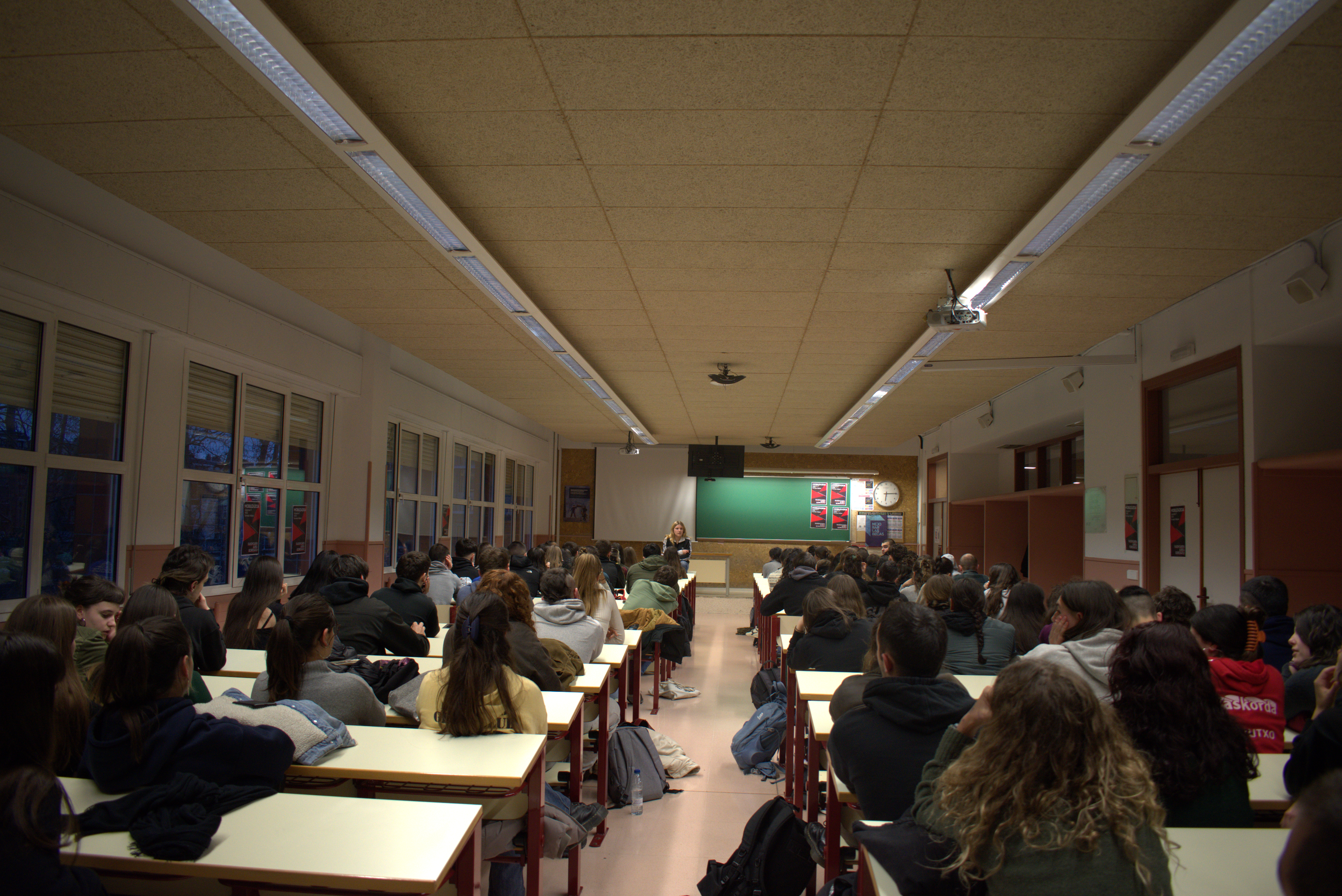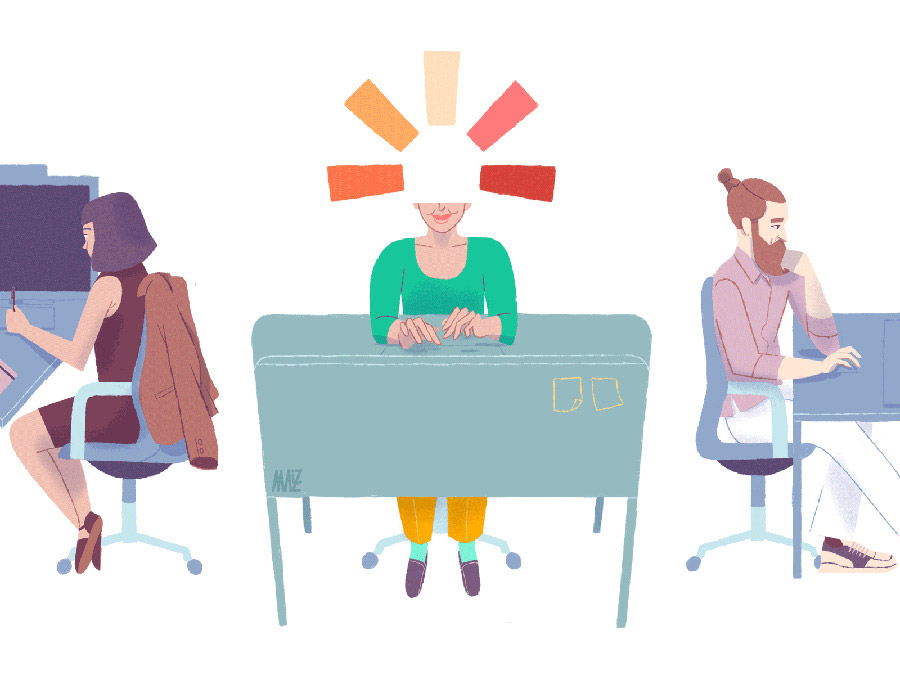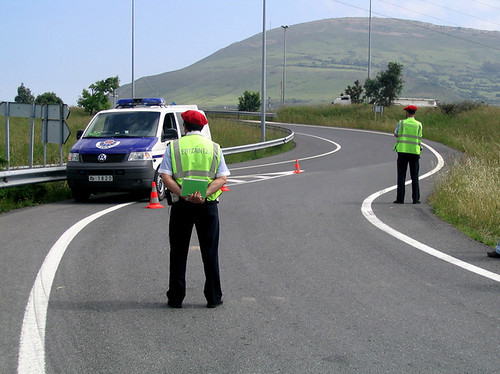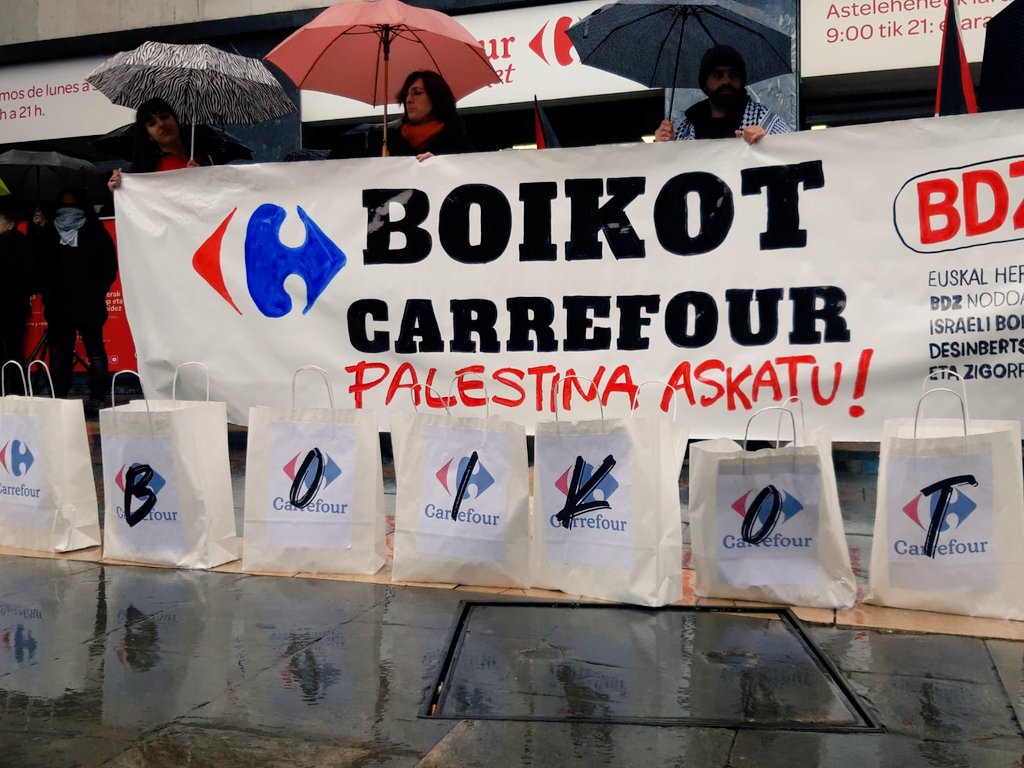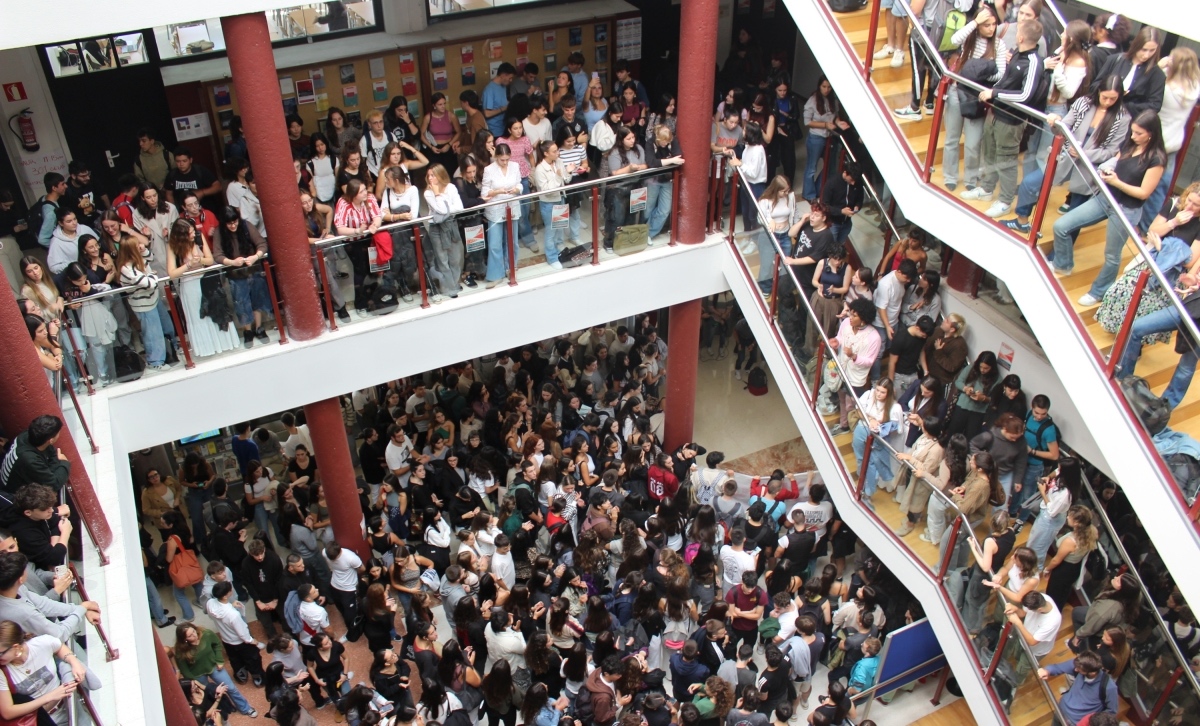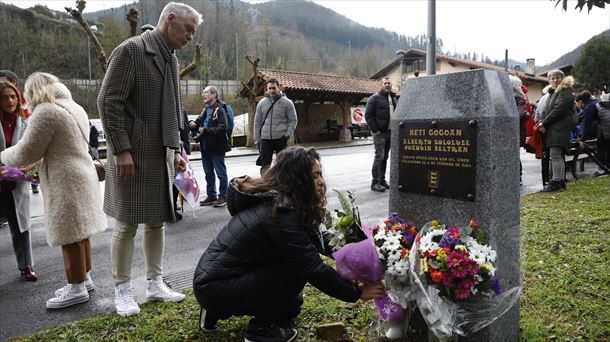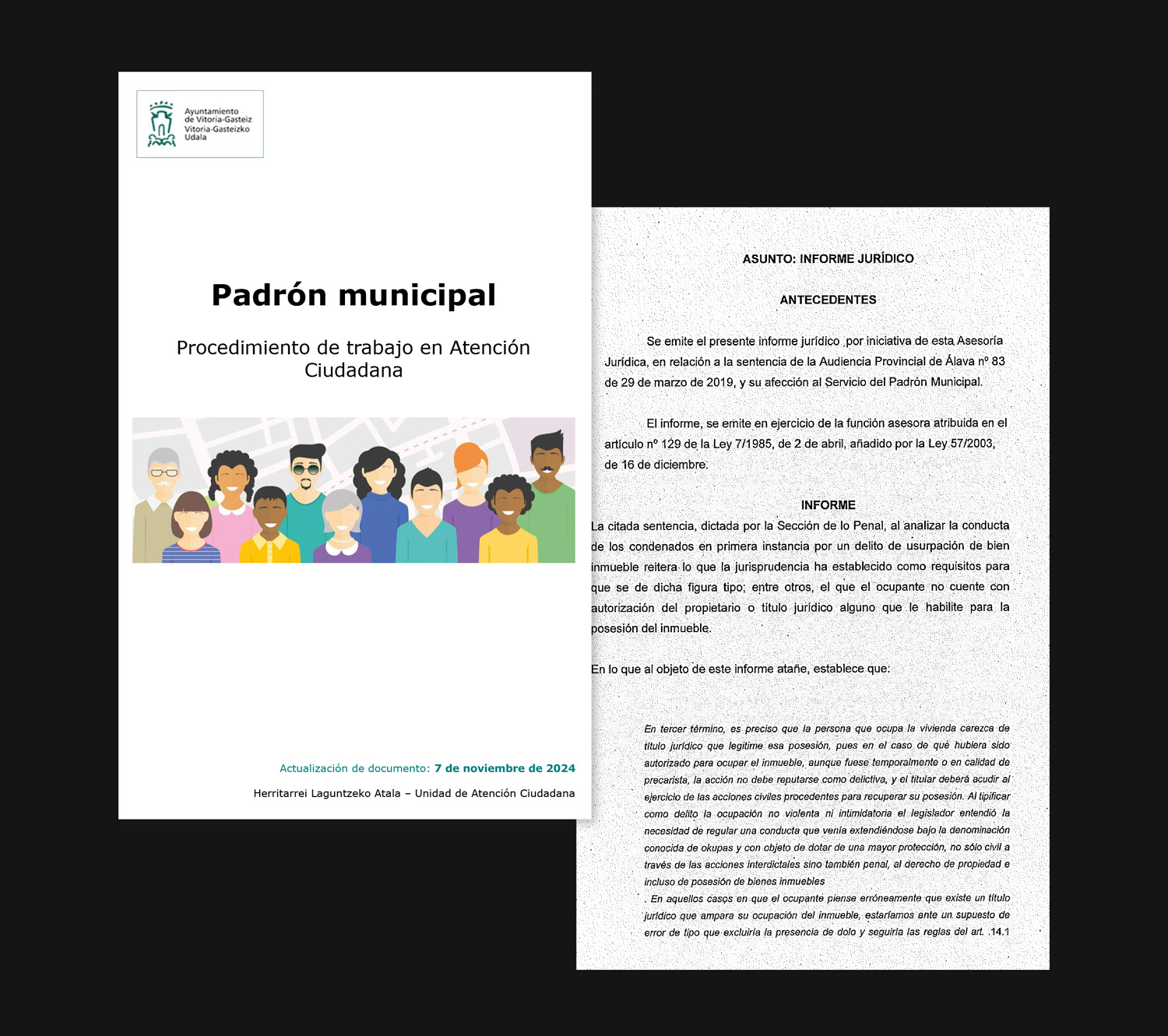Tximurka: transformative musical notes from Vitoria
- Teach music to those who can't afford their musical studies, building other worlds and relationships along the way. Several music teachers from the Conservatory of Music Jesús Guridi de Vitoria-Gasteiz began to gather from this momentum for more than a year. The dreams of then were about to become a chimera because of COVID-19, but they have finally materialized in music. Kefren De Agaphil and Joana Otxoa de Alaiza Grazia have explained to us what the Tximurka project is and what it is.
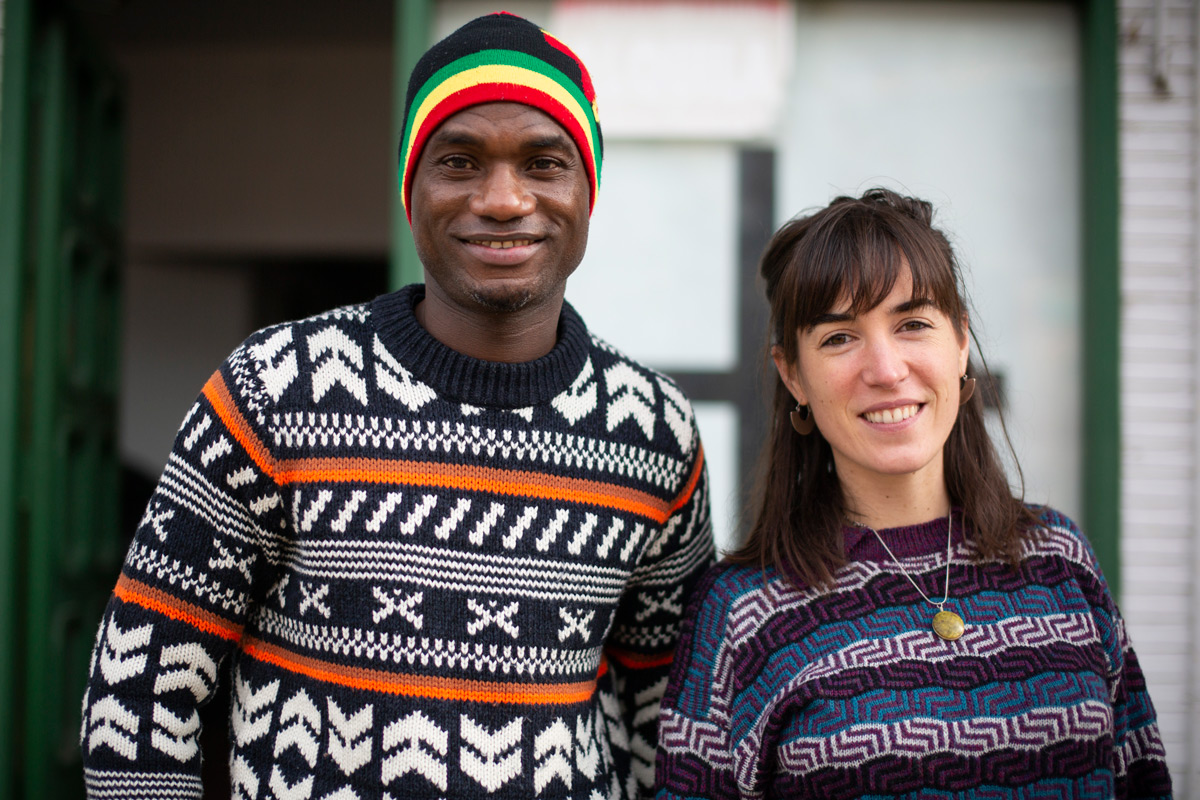
Piano teacher Joana Otxoa de Alaiza explains, from the music and from a critical point of view, that migrants wanted to do something about the injustices and suffering they suffer in our environment: “It is becoming more and more difficult to learn an instrument without money, music is becoming more and more elitist. We want to make available to everyone who wants to, allowing people who are in a situation of exclusion, as well as the possibility of them developing.” The recipients of the project had in principle the idea of being impoverished migrants, but along the way they have opened the spotlight: “In general, Tximurka is aimed at anyone who has no choice but to have contact with music learning. For those who cannot afford to pay for learning.”
It is about avoiding one-way hierarchies and practices. “A music school in which the ‘teacher’ is no more important: at one point he is teaching and receiving another person, but at another point he will be the other way around. You don't have to be a professor to participate in the project, or to teach music. Non-professional music teachers have already joined us.”
Generosity as a basis
Generosity has made it possible for dreams to become more flagrant. First, the Musicians Without Borders (MGM) association of Vitoria-Gasteiz was contacted. “They have opened all the doors and left us a lot of instruments,” explains Otxoa de Alaiza, pointing out the more than a dozen guitars they have guarded. One of the two beautiful pianos in the room and an accordion have also been given by a citizen. The fruitful initial relationship has naturally made Tximurka part of MGM, but the project remains autonomous.
The need for space and the inability to pay for it were sources of concern from the outset. A woman who had learned about the project called them by surprise, offering them to use the empty space in exchange for money. The location of Panama Street is in a good structural state, but it is practically empty, so there are improvements in the area. “We want it to be a warm place, attracting musicians or interested in music.” How can we cope with the costs? With another anonymous donation they have received, €2,000: “It has been a great support. We've been budgeted for the work, and soon we'll start."
“In general, Tximurka is aimed at anyone who has no choice but to have contact with music learning. For those who cannot afford to pay for learning”
But they don't wait for the work of adaptation to start walking, and in November, the first chords of music were heard in Tximurka. In collaboration with several associations, they bring together teachers and students, “for the moment with a few, to see if it is going well”: with CEAR of Vitoria-Gasteiz (Refugee Assistance Commission); with the Goian educational project of the Casco Viejo; and with OEE Araba. “For example, we are three piano teachers. We complete a table of schedules and days and contact them so that anyone who is interested in receiving what we offer,” explains Otxoa de Alaiza. “Everyone gives what they want. Some teachers have half an hour a week, others complete it, or two...” Conversely, when associations have someone who wants to learn music, they contact Tximurka, “and we try to find a teacher.”
A student as a teacher?
Kefrén De Agaphil is one of the vitorians who receives music classes. Niko teaches the guitar and is delighted with the Tximurkako project: “I was looking for something like this. I sing, but I don’t play instruments, and I want to learn.” The OEE colleague in Álava, Agus, called him, “He said, ‘Oiga Kefren, we have a project for people who don’t have the ability to pay the classes or sign up for an official school, I’ll give you the phone.’ It was one-way. We stayed to talk, we saw the venue and talked to me about Nico.”
Tximurka has friends willing to teach chelo, trumpet, thrombone, piano and guitar, as well as a choir teacher.
De Agaphil's dream is to form a musical group and work here and there. He arrived in Vitoria-Gasteiz five years ago and his economic and administrative situation is not the same. He sang in a group a long time ago, then he had the opportunity to participate from time to time in concerts in a bar and, just before the health crisis began, he was already trying to form a new group. “But the coronavirus came and fired.” He is eager to restore the situation to reach the butterfly o.El again speaks in the plural of the first person – “We will make an
effort to push the project forward” – and yearns to “give” something: “I gather the classes, but if I can contribute something else I will.” When we tell him that Otxoa de Alaiza told us that maybe he's going to start working as a professor, he gives us a shy smile. “Well, yeah, maybe teach in the song, what I know...”
Beyond the difficulties of COVID-19
The butterfly has just begun to walk, and at the moment they are working in a small format. Five people are teaching and so many are receiving. All those who work as teachers are born in the Basque Country, and those who study instrument come from Georgia, Côte d'Ivoire, Venezuela and Algeria. In part they have decided not to give more class, because they want to grow gradually. But without the crisis we are experiencing, the local of Panama Street would have more life. Tximurka has friends willing to teach Chelo, Trompeta, Trombón, Piano and Guitar. But for health reasons it has been decided at the moment to give a single class at the same time in the place or not to start with instruments of wind that require removing the mask. On the other hand, the bans on meeting or the reduction of working hours slow the pace of meetings and debates conditioning the project.
.jpg)
However, I did not feel pain. In addition to starting to walk, they have many other projects in the loft. They want to do a small stage to do little concerts and open the local on the weekend. With hundreds of scores already gathered on the premises, it is intended to create a self-managed fund that gives people the opportunity to borrow: “We think it’s going to be a punch, because there are very few places where you can take the sheet music. In Germany, for example, libraries have a sheet music section, here you don’t: you have to be part of a music school in order to buy it,” says Otxoa de Alaiza. The path started in Tximurka is, at some point, the ability to help those who want to continue in a music school to prepare the exam and pay for the entrance. “To do so, we would need our own economic income, we do not want public subsidies.” And they don't rule out the possibility of opening the project to new disciplines and initiatives like dance or painting.
Endless possibilities for collaboration and union
Otxoa de Alaiza and De Agaphil have appealed to the Vitorians to join Tximurkara or otherwise support the project: taking out or receiving classes, adding to the assembly, giving instruments, money, tables and chairs or slate. They have opened the contact address tximurka@gmail.com.
The two rapporteurs convey illusion and joy in a room full of instruments and sheet music. “In our short career we have felt a very warm welcome, a lot of gratitude, a lot of interest... The beginning has confirmed the need for Tximurka”, says Otxoa de Alaiza, and De Agaphil rounded the interview: “Close relationships are created between students and teachers. For me now the project is a gift.”
Larunbatean pertsona talde batek Tolosaldeako Kontseilu Sozialistako kide bati eraso egin ziola salatu dute. Azaldu dutenez, "faxistei aurre" egin zien propaganda jartzen ari zirela, eta piperbeltz espraiarekin zipriztindu zuten.












